Everything you need to know
-
- Salary range: £25–40k
- Minimum qualifications: Degree-level qualifications (including master’s)
- Skills required: Mathematical skills, digital skills, analytical skills, problem-solving skills, communication and collaboration.
- Training required: Training on how to use specific software used for data analysis.
- Work–life balance: There may be opportunities for hybrid working with flexible hours.
- Career progression: There may be the opportunity to progress to senior roles such as managerial roles.
- Locations: Find related work experience positions using our map of employers
- Find out more: Explore toxicologist' roles in more detail.
More profiles like Nicholas's
My name is Nicholas and I’m a toxicologist working for the Dow Chemical Company in Switzerland. My typical day involves reviewing toxicology data, preparing safety summaries, coordinating toxicology testing programs and sending those findings and communicating those to my customers in the Dow Chemical company.
Part of my role also involves working with colleagues in other companies and in regulatory agencies. We’re either advocating for smarter chemical legislation globally or working on research projects that improve how we do toxicology and risk assessments. So on a daily basis, the work can be pretty challenging but also very varied which keeps it interesting.
I come from a medical family and I think that really gave me an early interest in science. My father was a doctor, my mother a nurse and my sister was studying medicine. As I went through school I continued to enjoy biology and chemistry and ultimately ended up going to university to study zoology. I was very interested in how we work and how everything we are is somehow packaged in our genetic material. Through genetics I came across a series of lectures in toxicology and there it was that I discovered more and I decided that this was a field that I’d like to get into.
It’s kind of a pinnacle of applied science. You have chemistry, biology, physiology, pharmacology, mathematics, statistics, physics and computer science all feeding into the science. When l learned about the concept of LD-50 the lethal dose for 50% of test organisms I became very curious. The possibility that a group of people could get the same dose of poison and some survive and others don’t. Why wouldn’t we all suffer the same fate? We’re not all equal when it comes to toxins and poisons so toxicology and the product safety department that I’m part of is the critical piece of any company like mine to ensure that we bring all of these scientific disciplines together so we can demonstrate that these chemicals can be used safely.
The world of toxicology is advancing very rapidly and this has changed how we used to do this 20 to 30 years ago. So whilst the main concepts I learned at university haven’t really changed and form the basis of the field computational toxicology, where we use computer models to predict what might happen, and in vitro toxicology, where we are using cell cultures and cell systems, have become a far greater part of any and all hazard assessments. There is also a vast amount of toxicological data stored by companies and regulatory agencies with analysis of big data. Today and for the foreseeable future, there is plenty of opportunity for new toxicologists to bring different perspectives and be part of this exciting and rapidly changing field.
Many of societies’ problems need innovation involving chemistry to resolve them and this can really only be achieved when people have the necessary confidence that chemicals are not the problem, but a solution.








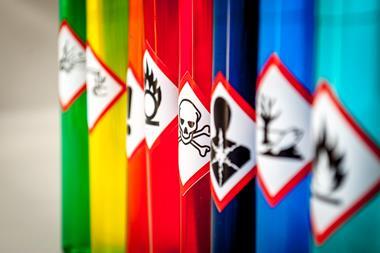
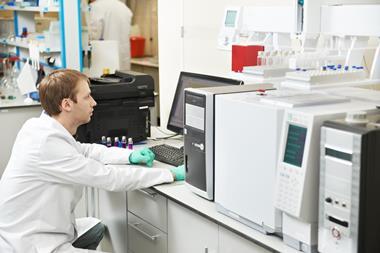
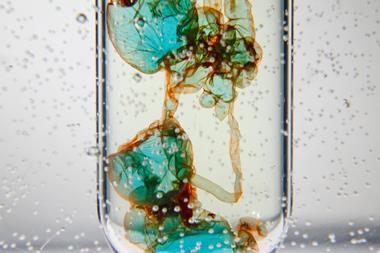
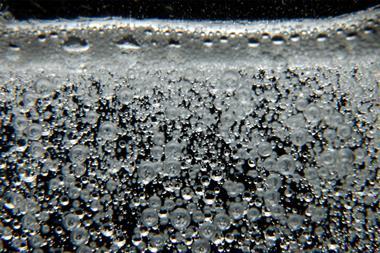
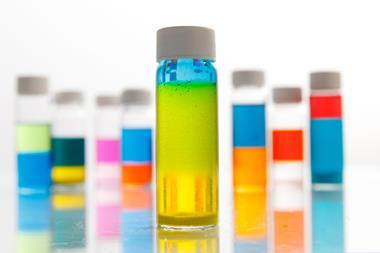
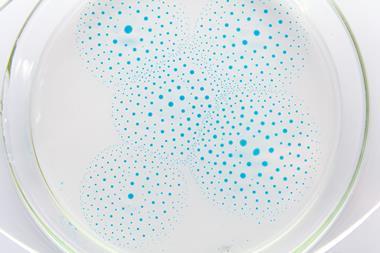



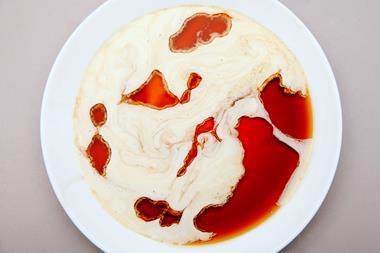
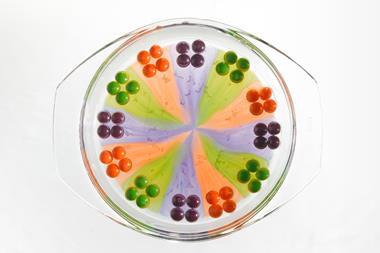






No comments yet